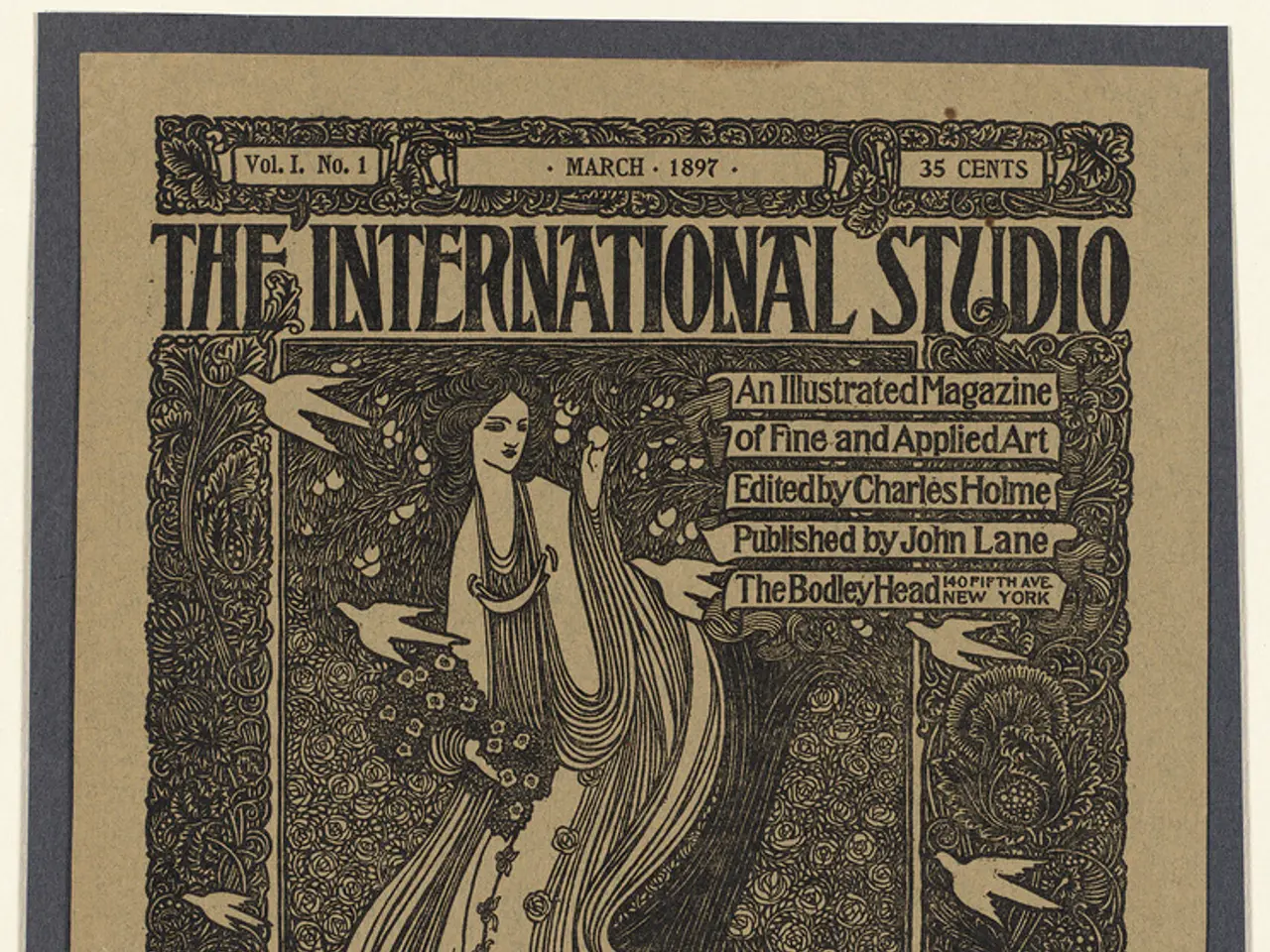Exploring Love through Art and Morality: A Reflection on Erich Fromm's Perspective in Light of Christian Love's Concepts
In a world fixated on possession and consumption, Erich Fromm, a German-American psychoanalyst and social philosopher, argues that love remains an act of resistance. Fromm's groundbreaking book, "The Art of Loving," redefined love as an active art that requires knowledge, effort, discipline, and practice, rather than a passive experience or mere romantic feeling.
Fromm differentiates love from infatuation, stating that the latter is not suitable for long-term relationships and can become a commodity, a transaction. He advocates for mature love, which desires the growth of the other without possessing them. This love, according to Fromm, requires inner work, patience, self-control, and the ability to let go of one's own ego.
Each form of love, according to Fromm, involves affirming the other as an independent being and connecting with them, without possession, control, or selfish desire. Fromm demythologizes love to save it, as he sees it as a means to overcome existential isolation caused by capitalism and narcissism. Love, for Fromm, is a way to resist alienation and domination, dependence, and consumption.
For Fromm, love is a potential last way to save humanity from self-destruction. His understanding of love shares a deep kinship with the Christian concept of agape, selfless, divine love, as both involve affirming the other and not being self-centered. Jesus of Nazareth and Erich Fromm both question self-love and call the human to affirm the other.
Fromm views love as an existential necessity, not a luxury feeling, and emphasizes its responsibility and daily decision-making. Love, through genuine connections, allows individuals to affirm their existence and create meaningful bonds, thus resisting the loneliness and powerlessness prevalent in modern society. Love involves a courageous commitment to others without expecting guarantees, allowing for genuine connections that counteract feelings of separateness and disconnection.
In a world where the human is identified as an "automatic conformist" who believes in freedom while selling themselves in various aspects of life, Fromm's "The Art of Loving" is a call to the seriousness of love. It is a rejection of romance as ideology and a call to the intentionality and discipline required to truly love. Fromm's work transformed the concept of love from a fleeting emotion or romantic ideal into an intentional, disciplined art essential for overcoming existential loneliness and alienation in modern life.
[1] Fromm, Erich. "The Art of Loving." Harper & Row, 1956. [2] Fromm, Erich. "The Sane Society." Routledge Classics, 2000. [3] Fromm, Erich. "Escape from Freedom." Routledge Classics, 2004.
- In line with his advocacy for a more meaningful existence, Erich Fromm's book, "The Art of Loving," encourages readers to cultivate a lifestyle centered on mindfulness, personal growth, and relationships that prioritize the growth of the other without possession.
- Fromm's emphasis on love as an active art includes the development of education and self-development, as he believes that genuine connections lead to a rejection of the alienation caused by capitalism, narcissism, and consumption.
- For Fromm, love is not just a component of love-and-dating, but a daily choice and commitment that fosters emotional intimacy and mutual respect, playing a crucial role in the pursuit of personal growth and meaningful relationships.




